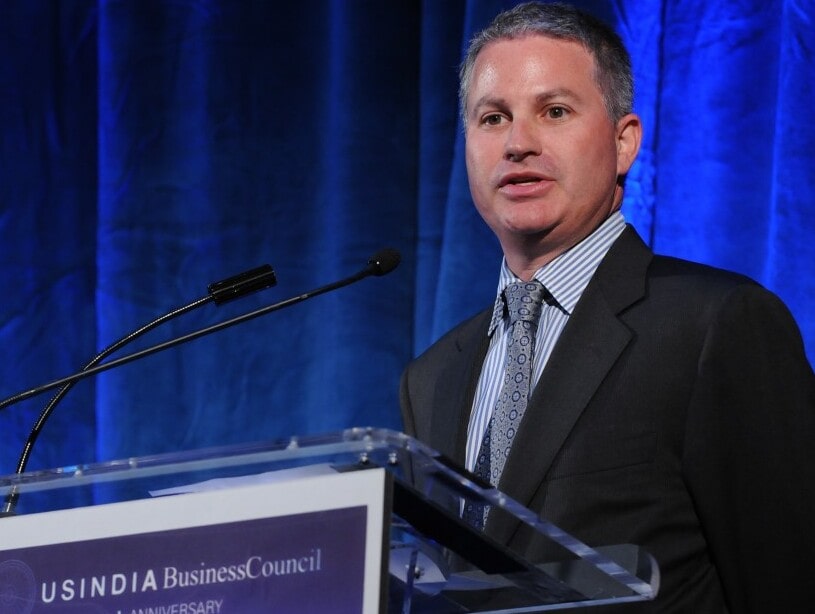
Chip Kaye, the CEO of private equity firm Warburg Pincus, recently made a statement saying that inflation is not a significant concern in Asia, and that the firm’s business scale in India will continue to grow.
In an interview with The Economic Times, Chip Kaye discussed Warburg Pincus’ investments in India and the region’s economic outlook. He expressed confidence in India’s long-term growth prospects and said that the country would continue to be a focus for the firm.
Chip Kaye also discussed the recent rise in inflation in many parts of the world. While acknowledging that inflation was a concern in some countries, he stated that it was not a significant issue in Asia.
“From our perspective, we are not seeing significant inflation in Asia,” Chip Kaye said. “There are some countries that are experiencing inflation, but overall, it’s not a major concern.” He went on to explain that the region’s economic growth has been strong and resilient in spite of global trends, which have kept inflation low. “The key to sustaining low inflation is for policy makers in the region to take action to ensure that economic growth is sustained,” he added. Furthermore, he believes that if countries can maintain a high level of fiscal discipline, then inflation can remain low for the foreseeable future. “Ultimately, it’s about ensuring that there is a healthy balance between growth and inflation,” he concluded.
Kaye noted that the region has been successful in managing the effects of international trade tensions and other macroeconomic factors, but warned against complacency.
Chip Kaye went on to explain that the main drivers of inflation in Asia were food and energy prices, which were influenced by global factors such as weather patterns and commodity prices. He added that central banks in the region were keeping a close eye on inflation and had the tools to manage it if necessary.
Turning his attention to India specifically, Kaye spoke about Warburg Pincus’ investments in the country and its plans for growth. The firm has a significant presence in India, with investments in sectors such as healthcare, financial services, and logistics.
Kaye said that the firm was bullish on India’s long-term growth prospects, citing factors such as the country’s large and growing middle class, improving infrastructure, and favorable demographics. He also noted that the Indian government had taken steps to make the country more attractive to foreign investors, such as by simplifying regulations and reducing bureaucratic hurdles.
When asked about the impact of the COVID-19 pandemic on Warburg Pincus’ business in India, Kaye said that the firm had weathered the storm well and was seeing strong performance in many of its portfolio companies.
“The pandemic has been challenging for everyone, but we’ve been fortunate to have a strong portfolio of companies in India that have been able to adapt and thrive,” he said.
Kaye also touched on the subject of environmental, social, and governance (ESG) issues, which have become increasingly important to investors in recent years. He said that ESG considerations were a key part of Warburg Pincus’ investment process and that the firm was committed to promoting sustainable and responsible business practices.
“Investing in a responsible and sustainable manner is not only the right thing to do, but it’s also good business,” Kaye said. “Companies that prioritize ESG factors tend to perform better over the long term, and that’s what we’re focused on.”
In conclusion, Kaye’s comments on inflation and Warburg Pincus’ plans for growth in India highlight the firm’s bullish outlook on the region’s economy. While challenges remain, such as the ongoing COVID-19 pandemic and geopolitical tensions, the firm appears to be well-positioned to navigate these challenges and continue to invest in the region’s future. As such, investors will likely remain interested in hearing more of Kaye’s insights on the Indian market.









